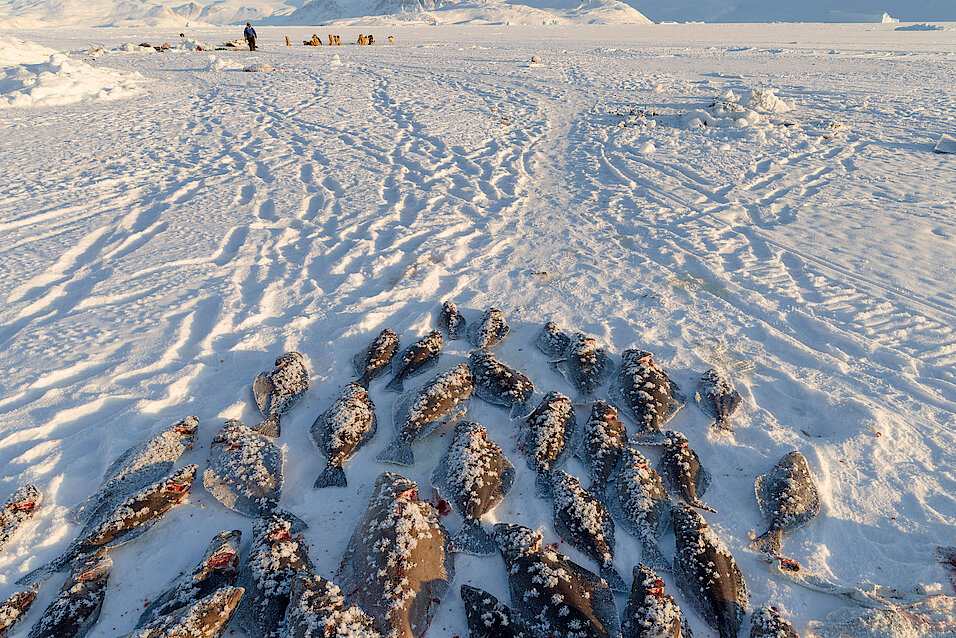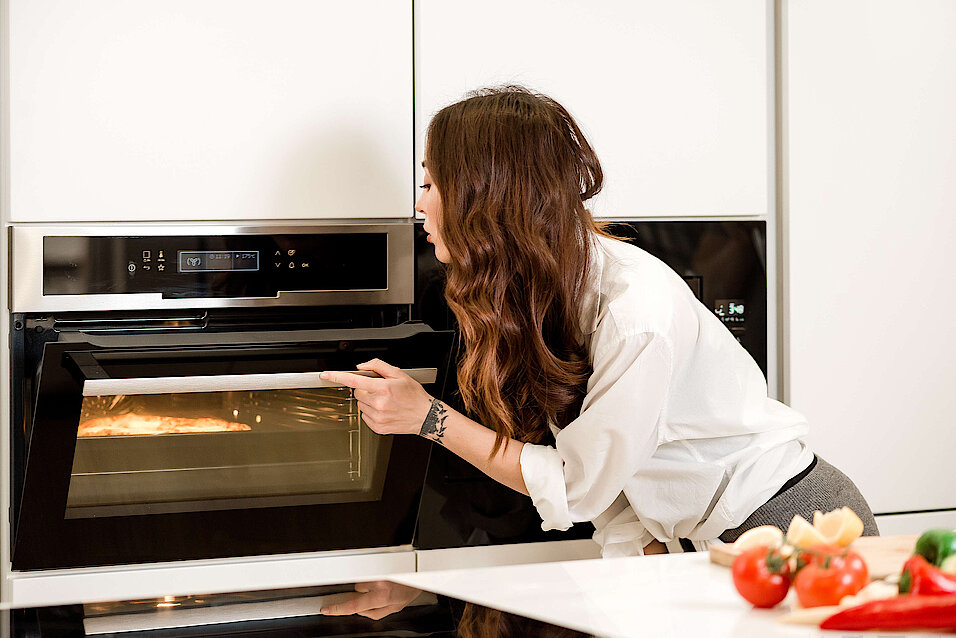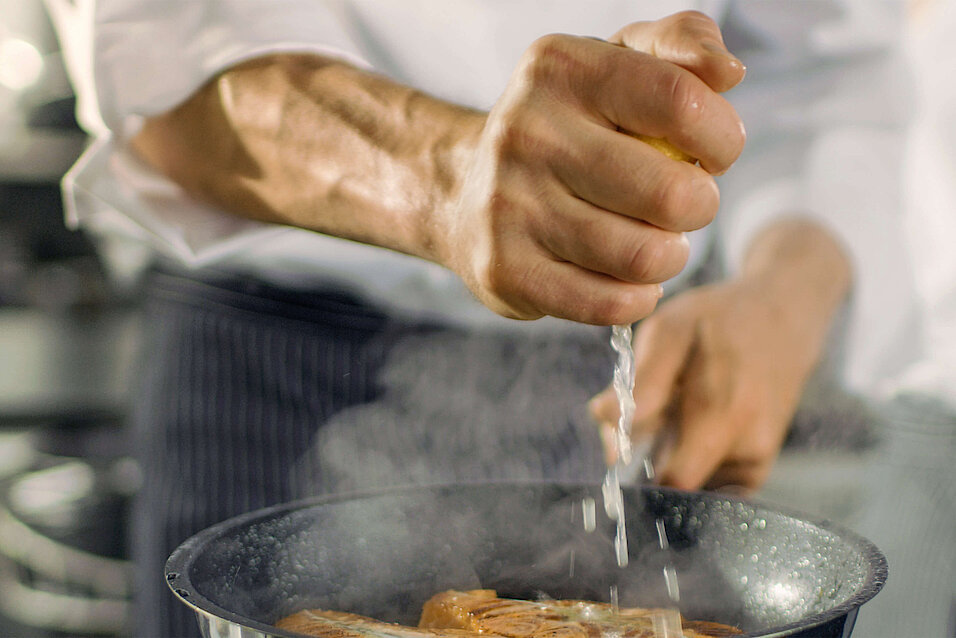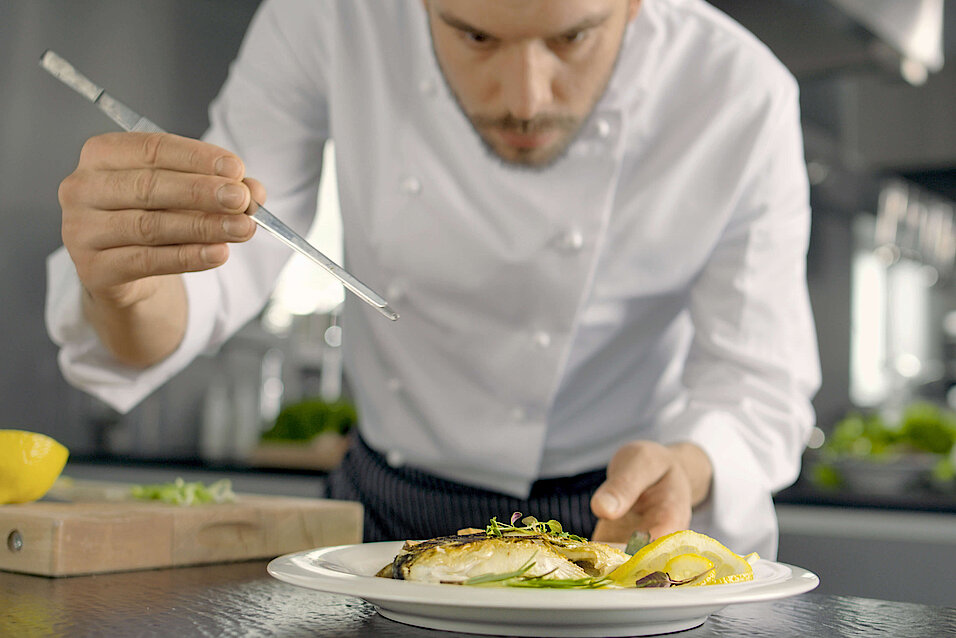Every year on 6 March, we celebrate "Frozen Food Day" around the world. This date 6 March 1930 marks the day when residents of the small town of Springfield in the US state of Massachusetts were able to buy packaged food in frozen form for the first time. This was the birth of frozen food. Vegetables, fruit and fish were offered.
We have the marine biologist Clarence Birdseye to thank for this revolutionary innovation in the field of food preservation. On his research trips to Labrador in Newfoundland between 1915 and 1922, he repeatedly witnessed how the Inuit used the cold in their icy habitat to preserve their staple food, fish, for a long time: they froze it.
Natural
Preservation without preservatives: food is preserved in its original form with all its nutrients.
Vitamin-rich
Flash-frozen directly at harvest: The natural vitamins are preserved and are not lost through long transport routes and storage as is the case with fresh products.
Fresh
Not tied to the season: Enjoy fresh, seasonal products all year round.
Individual
Saves time and money: frozen food can be stocked and prepared quickly.
Considerable
Frozen food has a long shelf life and is easy to portion: this avoids food waste and is good for the environment.
Tastier
The cold encloses all the flavours and thus preserves the typical taste of the food.
Economic efficiency
By eliminating almost all preparatory work, energy, water and personnel costs can be saved.
Hygiene
The freezing process largely inhibits microbiological processes that lead to food spoilage or a proliferation of pathogenic germs. This reduces microbiological risks of frozen products to almost zero.
Product safety
Industrially manufactured frozen products meet all the requirements for safe and hygienically perfect food, taking into account food hygiene regulations, the HACCP concept and national and international standards.
Shelf life and storability
In addition to product safety, constant availability and preparation safety, frozen foods are characterised above all by problem-free storage and a long shelf life.
Flexibility and seasonality
Frozen products are always available at any time and are therefore absolutely season-independent.
Preparation reliability
Frozen products simplify everyday kitchen procedures considerably and are available in various degrees of convenience.
Portionability
Frozen foods can be taken as needed, flexibly adapted to requirements.
Fresh
Frozen food retains a high content of vitamins and nutrients – even after a longer storage period.
Calculability
Frozen products promise more stable prices and thus better calculation security. They make the professional kitchen largely independent of the respective daily prices. This makes good long-term costing possible.







